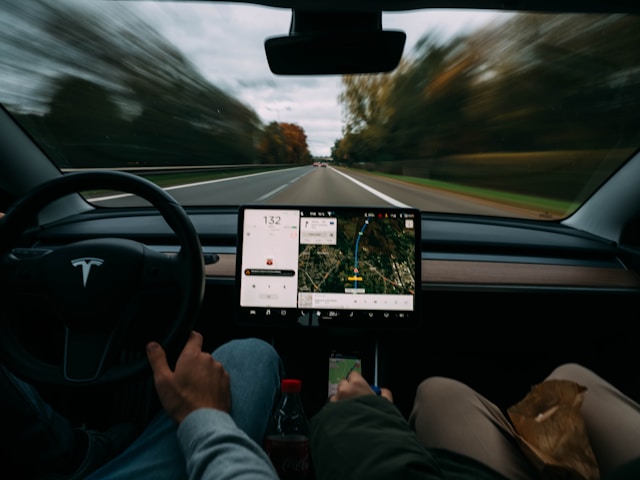
A groundbreaking wireless electric vehicle (EV) charging pad has been unveiled, promising to charge a car’s battery as efficiently as a wired plug, but at an impressive 100 kW power level. This innovation opens up the possibility of fast, convenient charging by simply parking in a designated spot.
Wireless power transfer, initially demonstrated by Nikola Tesla in the 1890s, has become quite common in many households. People use wireless charging pads for various devices like phones, tablets, and electric toothbrushes, as well as inductive cooktops. The interaction of electromagnetic fields facilitates the transfer of power from the charger to the device, making it a safe and efficient method.
Despite its prevalence in homes, wireless charging hasn’t gained much traction in the EV world due to limited power levels. However, Oak Ridge National Laboratory (ORNL) has announced a promising solution.
ORNL researchers have developed the fastest and most powerful wireless EV charger ever. Their lightweight polyphase electromagnetic coupling coil design can transfer power more than eight times faster than previous wireless pads, enabling a car to gain around 563 km of charge in an hour.
The system was tested on a Hyundai Kona EV, with a receiver coil fitted to the car parking over a 14-inch diameter polyphase transmitter, separated by a five-inch air gap. The researchers achieved 100 kW power with 96% efficiency, comparable to a high-quality cable and plug setup. The polyphase coil design allows for high power density in compact coils, resulting in a relatively small and convenient system.
According to ORNL’s Omer Onar, this achievement represents the highest power density ever achieved in the world for a wireless charging system of this type. He highlights that the technology can increase battery charge by 50% in under 20 minutes, marking a breakthrough in wireless charging for passenger EVs.
For wireless charging to gain momentum, both car manufacturers and infrastructure builders need to adopt standards and integrate receiver coils and charging gear into their products. Tesla, with its involvement in vehicle development and charging infrastructure, could potentially drive this adoption forward.
Although wireless EV charging may not yet rival the fastest wired connections, the technology shows promise in offering quick and efficient charging solutions for EVs.


